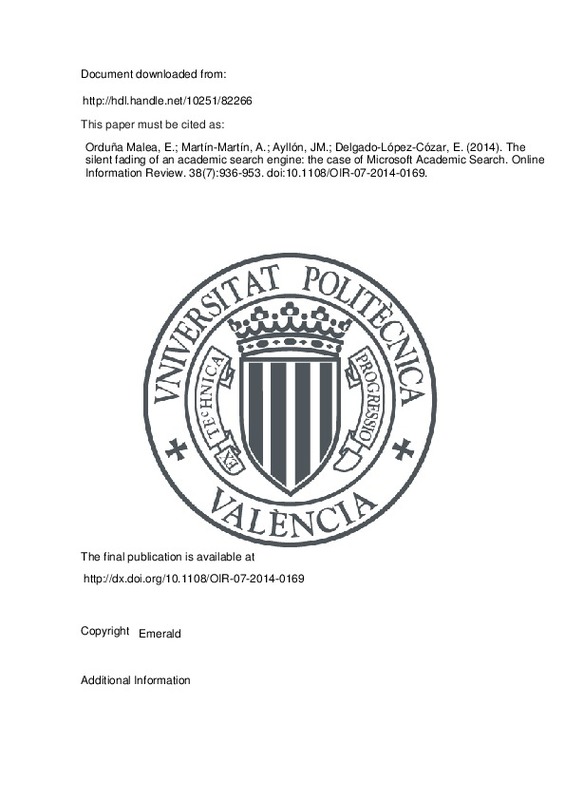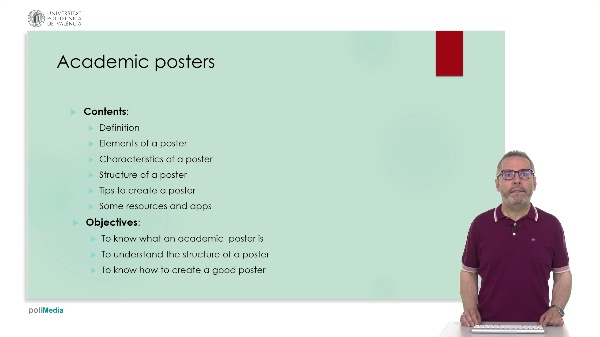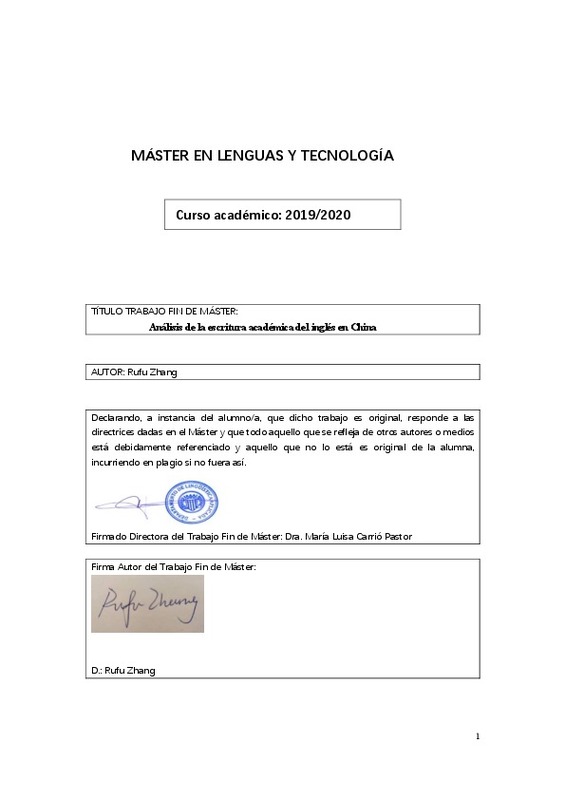Beel, J. , Gipp, B. and Wilde, E. (2010), “Academic search engine optimization (ASEO)”, Journal of Scholarly Publishing, Vol. 41 No. 2, pp. 176-190.
Butler, D. (2011), “Computing giants launch free science metrics: new Google and Microsoft services promise to democratize citation data”, Nature, Vol. 476 No. 7358, p.
Carlson, S. (2006), “Challenging Google, Microsoft unveils a search tool for scholarly articles”, Chronicle of Higher Education, Vol. 52 No. 33, p.
[+]
Beel, J. , Gipp, B. and Wilde, E. (2010), “Academic search engine optimization (ASEO)”, Journal of Scholarly Publishing, Vol. 41 No. 2, pp. 176-190.
Butler, D. (2011), “Computing giants launch free science metrics: new Google and Microsoft services promise to democratize citation data”, Nature, Vol. 476 No. 7358, p.
Carlson, S. (2006), “Challenging Google, Microsoft unveils a search tool for scholarly articles”, Chronicle of Higher Education, Vol. 52 No. 33, p.
Delgado-López-Cózar, E., & Cabezas-Clavijo, Á. (2013). Ranking journals: could Google Scholar Metrics be an alternative to Journal Citation Reports and Scimago Journal Rank? Learned Publishing, 26(2), 101-113. doi:10.1087/20130206
Delgado López-Cózar, E., Robinson-García, N., & Torres-Salinas, D. (2013). The Google scholar experiment: How to index false papers and manipulate bibliometric indicators. Journal of the Association for Information Science and Technology, 65(3), 446-454. doi:10.1002/asi.23056
Haley, M. R. (2014). Ranking top economics and finance journals using Microsoft academic search versus Google scholar: How does the new publish or perish option compare? Journal of the Association for Information Science and Technology, 65(5), 1079-1084. doi:10.1002/asi.23080
Haustein, S., Peters, I., Bar-Ilan, J., Priem, J., Shema, H., & Terliesner, J. (2014). Coverage and adoption of altmetrics sources in the bibliometric community. Scientometrics, 101(2), 1145-1163. doi:10.1007/s11192-013-1221-3
Jacsó, P. (2005), “As we may search – comparison of major features of the Web of Science, Scopus, and Google Scholar”, Current Science, Vol. 89 No. 9, pp. 1537-1547.
Jacsó, P. (2008). Google Scholar revisited. Online Information Review, 32(1), 102-114. doi:10.1108/14684520810866010
Jacsó, P. (2011). The pros and cons of Microsoft Academic Search from a bibliometric perspective. Online Information Review, 35(6), 983-997. doi:10.1108/14684521111210788
Jacsó, P. (2012). Google Scholar Metrics for Publications. Online Information Review, 36(4), 604-619. doi:10.1108/14684521211254121
Khabsa, M. and Giles, C.L. (2014), “The number of scholarly documents on the public web”, PloS One, Vol. 9 No. 5, p.
Labbé, C. (2010), “Ike Antkare one of the greatest stars in the scientific firmament”, ISSI Newsletter, Vol. 6 No. 1, pp. 48-52.
Orduña-Malea, E., & Delgado López-Cózar, E. (2013). Google Scholar Metrics evolution: an analysis according to languages. Scientometrics, 98(3), 2353-2367. doi:10.1007/s11192-013-1164-8
Ortega, J. L. (2014). Influence of co-authorship networks in the research impact: Ego network analyses from Microsoft Academic Search. Journal of Informetrics, 8(3), 728-737. doi:10.1016/j.joi.2014.07.001
Ortega, J. L., & Aguillo, I. F. (2013). Institutional and country collaboration in an online service of scientific profiles: Google Scholar Citations. Journal of Informetrics, 7(2), 394-403. doi:10.1016/j.joi.2012.12.007
Ortega, J. L., & Aguillo, I. F. (2014). Microsoft academic search and Google scholar citations: Comparative analysis of author profiles. Journal of the Association for Information Science and Technology, 65(6), 1149-1156. doi:10.1002/asi.23036
Van Noorden, R. (2014). Online collaboration: Scientists and the social network. Nature, 512(7513), 126-129. doi:10.1038/512126a
[-]







![[Cerrado]](/themes/UPV/images/candado.png)





